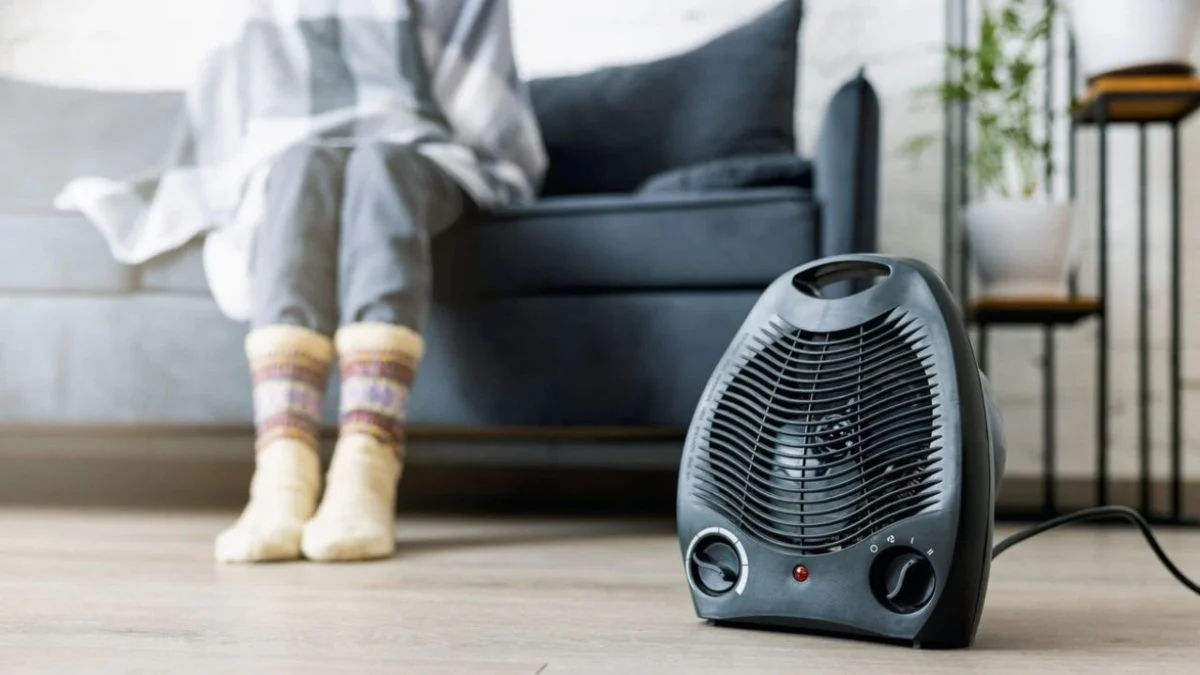As winter envelops the globe in its cold grip, a multitude of individuals resort to room heaters, aiming to establish a warm sanctuary within their homes. While room heaters provide immediate relief from the biting cold, it is important to be aware of the potential side effects they may have on our health and well-being. In this article, we will explore five side effects of using a room heater during winter.
1. Dry Skin and Irritation
One of the most common side effects of using a room heater is the drying of the skin. Room heater reduce the humidity in the air, leading to dryness and irritation of the skin. This can cause discomfort, itchiness, and even worsen existing skin conditions such as eczema. To combat this, it is recommended to moisturize regularly and use a humidifier in the room to add moisture back into the air.
2. Respiratory Issues
Room heaters can also contribute to respiratory problems, especially in individuals with pre-existing conditions such as asthma or allergies. The dry air produced by the heater can irritate the respiratory tract, leading to coughing, wheezing, and difficulty breathing. To minimize these effects, it is advisable to keep the room well-ventilated and consider using a room heater with a built-in humidifier or placing a bowl of water near the heater to add moisture to the air.
3. Increased Risk of Fire
Improper use or faulty room heaters can pose a significant fire hazard. Overheating, flammable materials placed too close to the heater, or faulty electrical connections can all lead to a fire outbreak. To reduce the risk, it is crucial to follow the manufacturer’s instructions, keep flammable objects at a safe distance from the heater, and regularly inspect and maintain the heater for any signs of damage or malfunction.
4. Eye and Sinus Irritation
The dry air produced by room heaters can also cause irritation to the eyes and sinuses. It can lead to dry, itchy eyes and a stuffy or runny nose. These symptoms can be particularly bothersome for individuals who already suffer from dry eye syndrome or sinusitis. Using a room humidifier, using eye drops, and keeping the room adequately ventilated can help alleviate these symptoms.
5. Increased Energy Consumption
Using a room heater for extended periods can significantly increase energy consumption, leading to higher electricity bills. Additionally, using multiple heaters in different rooms can further escalate the costs. To mitigate this, it is advisable to use the heater sparingly, only in the rooms that are being used, and to consider alternative methods of heating, such as insulation or wearing warm clothing.
Room Heaters During Winter
While room heaters provide much-needed warmth during the winter months, it is essential to be aware of the potential side effects they may have on our health and well-being. Dry skin and irritation, respiratory issues, increased risk of fire, eye and sinus irritation, and increased energy consumption are some of the side effects associated with the use of room heaters. By taking necessary precautions and using heaters responsibly, we can enjoy the warmth they provide without compromising our health and safety.
Also, Read: How To Choose the Right Air Purifier – Expert Shares 6 Tips
Visit: Travel Insightful – Behold The Power Of Travel
Discover more from Lotus LifestyleTips
Subscribe to get the latest posts sent to your email.

